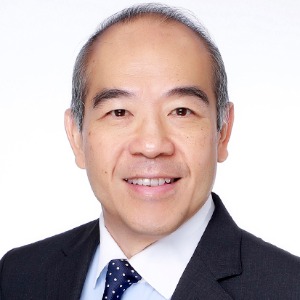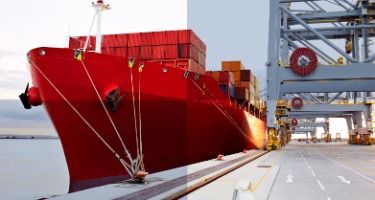Singapore’s size and absence of hinterland means that it must strive constantly to remain relevant in the region and in the world. Throughout its modern history, it has done so by focusing its activities on trade and connections with other jurisdictions using law as an important tool to do so. Shipping and commodities, and Singapore’s position as a transhipment hub was an integral part of that policy. Few would argue today that over the course of the last 25 years, Singapore has grown to be a legal thought-leader to which the region looks for best practices in transactional work, judicial reasoning, international arbitration and international mediation. These considerations were the background to speeches at the Opening of the Legal Year in Singapore.
In 2014, Starboard reported the establishment of the Singapore International Commercial Court (SICC). Since that time, the SICC’s case load has grown to 29 cases, including one case commenced pursuant to an SICC jurisdiction clause. The SICC comprises judges from Singapore, the U.S., Australia, England, France, Canada, Hong Kong and Japan and its judgments have been well received. At the Opening of the Legal Year in Singapore the appointment of Lord Mance, who recently retired from the U.K. Supreme Court last year, as a judge of the SICC was announced.
The Singapore judiciary has, in the meantime, also deepened its engagement with:
- the Association of South East Asian Nations (ASEAN), hosting the 13th ASEAN Law Association General Assembly and the 2018 ASEAN Law Conference, as well as meetings of the ASEAN Chief Justices, Attorneys-General, Bar Presidents and in-house counsel;
- the Chinese courts, establishing the annual Singapore-China Legal and Judicial Roundtable and signing a memorandum of guidance on the recognition and enforcement of money judgments in commercial cases to provide litigants with a guide to the laws and regulations that govern the enforcement of foreign judgments in both China and Singapore;
- other judiciaries through involvement in the Judicial Insolvency Network, the Standing International Forum on Commercial Courts (SIFCC) and the Asia Pacific Judicial Colloquium (APJC), participating actively in discussion on legal issues that affect the international legal community. Singapore will host the next APJC later this year and the next SIFCC meeting in 2020, allowing it to build connections with its foreign counterparts and contribute to important international discussions.
These engagements take place not only in the background just described but also in the context of the challenges that lie ahead and the potential for globalization, technology and growing merchandizing of legal services to change the legal landscape. Technology has begun to change conventional notions of where and how disputes are resolved, best seen in the fact that simple and low-value consumer disputes are now being resolved outside courtrooms on e-commerce platforms. Artificial intelligence is being used by courts to assist in the quality of judicial decision-making. At the same time, services traditionally performed by lawyers are now made available by alternative source providers such as document review or project management. It is thought in Singapore that these challenges might be addressed by reform to legal education, professional training and transformation and innovation within the Singapore judiciary.
Starboard readers are invited to consider where and how their next dispute will be resolved. Will it be in traditional litigation or arbitration? Would the shipping and commercial world lend itself more and more to mediation in itself, or in conjunction with litigation and arbitration, to achieve a fast and cheap resolution? Would traditional small-claims procedures in courts and arbitration be the subject of reference to an information technology platform so that commercial men can get back to the business of making money rather than spend their time in dispute resolution? Starboard will continue to report developments as they progress. For now, it appears that Singapore is preparing itself for the new world of dispute resolution.



















